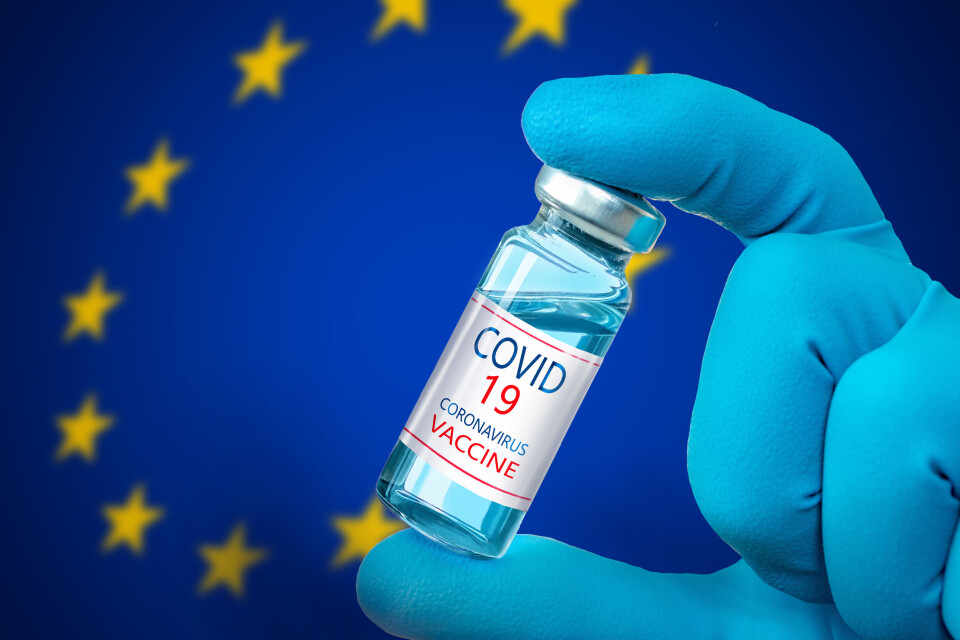-
Why your car insurance in France is expected to increase this year
Premiums are forecast to rise by four to six percent in 2026
-
Two Britons killed in avalanche in French Alps were with an instructor
French skier also died in the disaster at Val d’Isère on Friday February 13
-
British Airways launches bargain £2 flights to France (but there’s a catch)
The flights are only available to members of the airline’s Avios scheme who are redeeming loyalty points
EU countries should accept travellers with WHO-approved vaccines
Travellers to France vaccinated with, for example, Sinovac, currently need a booster dose of Pfizer-BioNTech or Moderna to be classed as fully vaccinated

The European Union has adopted a new recommendation on Covid-related travel rules that means countries should allow travellers to be classed as fully vaccinated as long as WHO-approved vaccines have been used. It is recommended to start on March 1.
The recommendation was approved by the European Council yesterday (February 22). It is not binding and countries can choose to implement the recommendation.
The Connexion has contacted the French government to ask if they will be applying this recommendation.
Currently, France only considers people who have received a vaccine approved by the WHO but not the European Medicines Agency to be fully vaccinated if they go on to receive an additional dose of either the Pfizer-BioNTech or Moderna vaccines.
Some people living in countries where these vaccines are not available have therefore found it extremely difficult to enter France. This relates to many African and Asian countries.
People who have only received a vaccine approved by the WHO but not the European Medicines Agency are currently considered to be not fully vaccinated, and the rules for them are as follows:
-
Those coming from green-list countries must present proof of having a negative PCR test less than 72 hours before departure or a negative antigen test less than 48 hours before departure.
-
Those coming from amber-list countries must have an essential reason to enter France, which are mainly related to having the right to live and work in France. They also must present a pre-departure test and could be randomly tested on arrival in the country.
Travellers to France must have received their booster dose within nine months of their previous dose to be considered fully vaccinated.
This rule is standard for travel around the EU, although rules for travellers entering the Bloc from outside of the EU can vary depending on the country they are arriving in.
Read more:Booster Covid jab now needed within nine months for easier EU travel
Read more:Easy-look chart: Who can now get a Covid vaccine pass in France?
What vaccines are approved by the EMA and the WHO?
The EMA has approved five different Covid vaccines:
-
Comirnaty (BioNTech, Pfizer)
-
COVID-19 Vaccine Janssen (Janssen, Johnson & Johnson)
-
Nuvaxovid (Novavax)
-
Spikevax (Moderna)
-
Vaxzevria (AstraZeneca)
The WHO has approved 10 vaccines, which include all those approved by the EMA as well as vaccines developed by Chinese companies Sinopharm and Sinovac, and the Serum Institute of India’s Covovax.
See a full list of Covid vaccines approved by the WHO here.
Move to a person-based approach
The European Council’s recommendation also states that “it is appropriate to start to consider moving to a purely person-based approach”.
This means that EU Member States should no longer set rules that apply to whole countries – such as is the case in France where countries are divided into green and amber lists.
The Council said this suggestion should be reviewed on April 30 by the European Commission, who “could submit to it a proposal to delete [country lists]”.
Related articles
Covid: 26 more countries added to France’s green list for travel
























